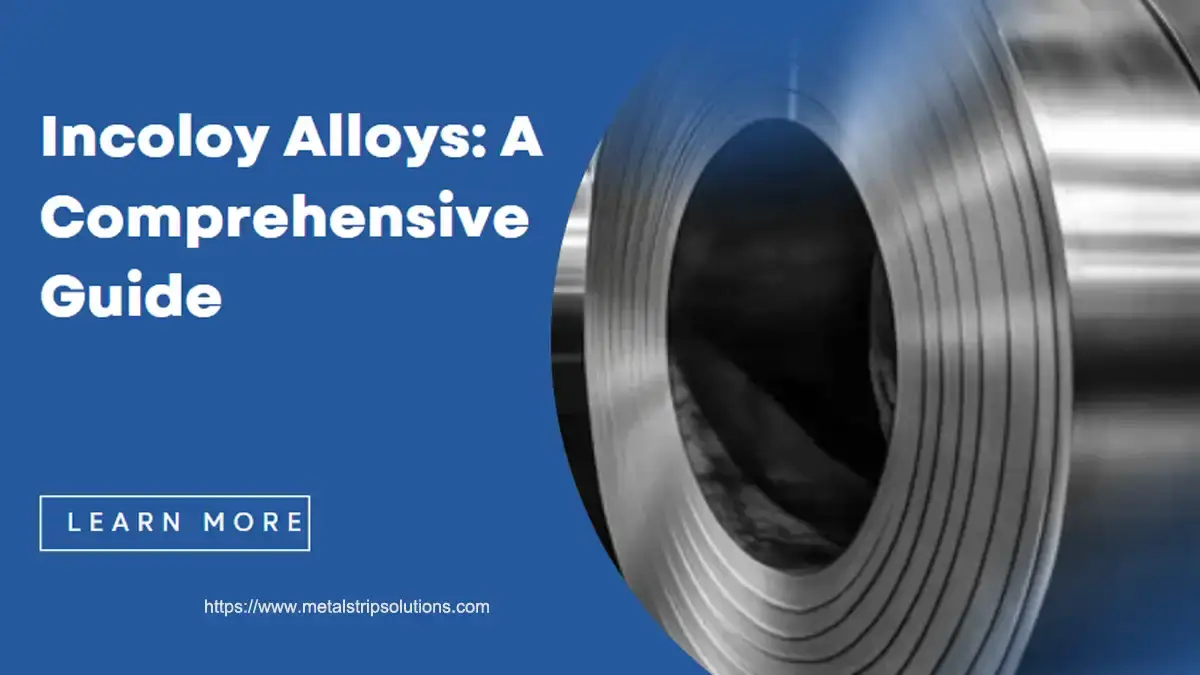Incoloy alloys are known for their iron content. Nickel, iron, and chromium are the main and vital ingredients for Incoloy alloys.
Incoloy alloys have more iron contents than inconel alloys. These alloys show outstanding corrosion resistance, strength, durability, and high-temperature stability.
Nickel is an essential metal that is in limited availability for the development of the Incoloy alloy.
Therefore, there is a need for an alloy that has lower nickel contents but is not inferior in properties like high-temperature corrosion resistance and durability, so the incoloy is the best choice for this demand. It makes extensive use of iron to substitute nickel.
Although its corrosion resistance is not as good as that of Inconel alloy, it is suitable in many circumstances and is less expensive.
Overall, Incoloy alloy is less expensive than Inconel alloy.
In this article, you will discover the characteristics, advantages, and applications of the Incoloy alloys.
What are Incoloy Alloys?
Incoloy is a trade name of Special Metals Inc and generic versions can not carry the Incoloy name. This group is higher in Nickel than the stainless family and alloyed with enough Cr and other elements so that iron makes up less than half of the composition.
Two main categories of alloy for their primary application. For corrosion applications, higher in Nickel than comparable Stainless Steels, they can offer improved corrosion performance in some environments, particularly acidic.
Many of these alloys are formulated to be used where high temperature strength and resistance to oxidation and other corrosion effects at temperature are important. Generally, these are used at temperatures above the stainless steels and below the higher Inconel alloys and Hastelloys on a relative temperature scale.
Incoloy Alloys Grades
Incoloy Alloy 800
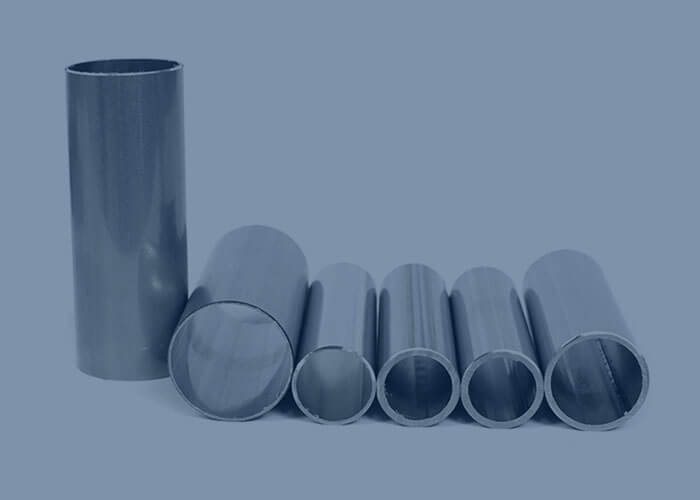
Incoloy alloy 800 (UNS N08800 / W.Nr. 1.4876) is a widely used material for construction of equipment requiring corrosion resistance, heat resistance, strength, and stability for service up to 1500°F (816°C).
Alloy 800 offers general corrosion resistance to many aqueous media and, by virtue of its content of nickel, resists stress corrosion cracking. At elevated temperatures it offers resistance to oxidation, carburization, and sulfidation along with rupture and creep strength.
For applications requiring greater resistance to stress rupture and creep, especially at temperatures above 1500°F (816°C), Incoloy alloys 800H and 800HT are used.
The chromium in the alloy imparts both aqueous and heat resistance. Iron provides resistance to internal oxidation. The nickel content maintains a ductile, austenitic structure. Thus, alloy 800 is readily formed, welded, and machined.
Incoloy Alloy 800H
Incoloy alloy 800H (UNS N08810) had been known for some time that higher carbon alloy 800 had higher creep and rupture properties than low-carbon material. For that reason, Special Metals had melted to a carbon range of 0.05 to 0.10% except for special orders where customers specified a lower carbon content. The carbon range of 0.05 to 0.10% is within the ASTM and ASME specification limits for alloy 800 and is in the upper portion of that range.
Special Metals generated data for this material and presented them to the ASME Code.
Incoloy Alloy 800HT
Special Metals knew the importance of maintaining the aluminum and titanium contents in the upper portion of the specified material range.
This resulted in higher creep and stress rupture properties than competitive alloy 800H.
Therefore, to maintain higher allowable design stresses, the company introduced a variation of INCOLOY alloy 800H which is called INCOLOY alloy 800HT (UNS N08811). INCOLOY alloy 800HT has a restricted chemistry, within the limits of alloy 800H, and requires a heat treatment of 2100°F (1149°C) minimum. The carbon is 0.06 to 0.10% (alloy 800H is 0.05 to 0.10%), the Al + Ti is 0.85 to 1.20% (alloy 800H is 0.30 to 1.20% Al + Ti).
Incoloy Alloy 825
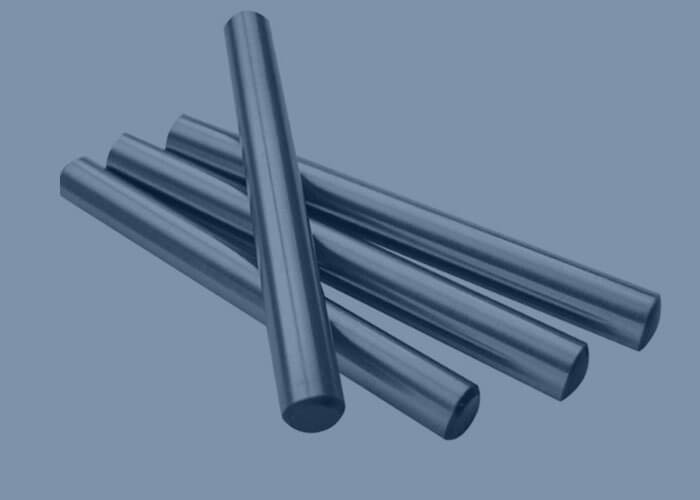
Incoloy 825 (UNS N08825 / W.Nr. 2.4858) is a nickel-iron-chromium alloy with additions of molybdenum, copper, and titanium.
The alloy’s chemical composition is designed to provide exceptional resistance to many corrosive environments. The nickel content is sufficient for resistance to chloride-ion stress-corrosion cracking.
The nickel, in conjunction with the molybdenum and copper, also gives outstanding resistance to reducing environments such as those containing sulfuric and phosphoric acids. The molybdenum also aids resistance to pitting and crevice corrosion. The alloy’s chromium content confers resistance to a variety of oxidizing substances such as nitric acid, nitrates and oxidizing salt. The titanium addition serves, with an appropriate heat treatment, to stabilize the alloy against sensitization to intergranular corrosion.
The resistance of Incoloy alloy 825 to general and localized corrosion under diverse conditions gives the alloy broad usefulness. Applications include chemical processing, pollution control, oil and gas recovery, acid production, pickling operations, nuclear fuel reprocessing, and handling of radioactive wastes.
Incoloy Alloy 925
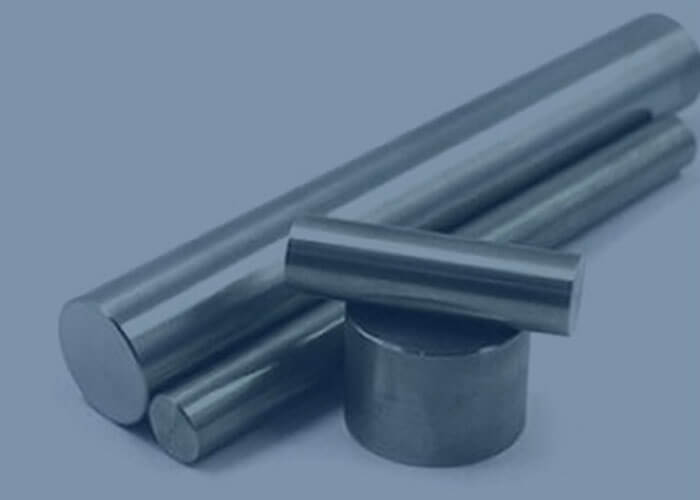
Incoloy alloy 925 (UNS N09925) is an agehardenable nickel-iron-chromium alloy with additions of molybdenum, copper, titanium and aluminum.
The alloy’s chemical composition is designed to provide a combination of high strength and excellent corrosion resistance. The nickel content is sufficient for protection against chloride-ion stresscorrosion cracking.
The nickel, in conjunction with the molybdenum and copper, also gives outstanding resistance to reducing chemicals. The molybdenum aids resistance to pitting and crevice corrosion. The alloy’s chromium content provides resistance to oxidizing environments. The titanium and aluminum additions cause a strengthening reaction during heat treatment.
Incoloy Alloy A-286
Incoloy alloy A-286 (UNS S66286 / W.Nr. 1.4980) is an iron-nickel-chromium alloy with additions of molybdenum and titanium. It is agehardenable for high mechanical properties.
The alloy maintains good strength and oxidation resistance at temperatures up to about 1300°F (700°C). The alloy is austenitic in all metallurgical conditions.
The high strength and excellent fabrication characteristics of alloy A-286 make the alloy useful for various components of aircraft and industrial gas turbines.
It is also used for fastener applications in automotive engine and manifold components subject to high levels of heat and stress and in the offshore oil and gas industry.
Incoloy Alloy 330
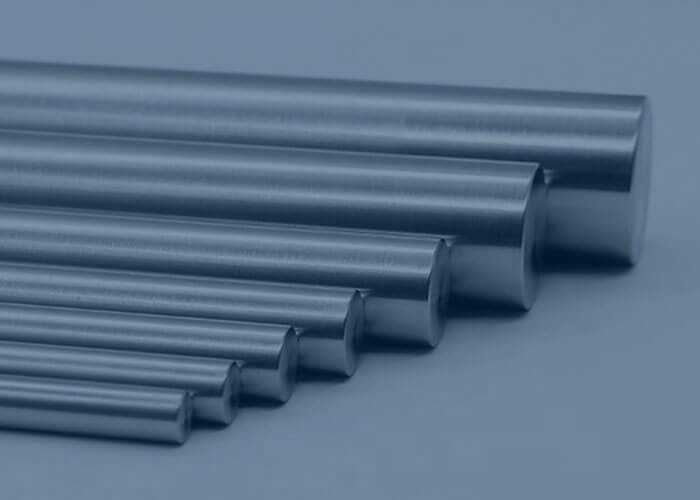
Incoloy alloy 330 (UNS N08330 / W. Nr. 1.4886) is an austenitic alloy with good high-temperature strength and corrosion resistance.
It has a solid solution composition and is not hardenable by heat treatment. Its high nickel and chromium provide good resistance to oxidation and carburization. Its oxidation resistance is enhanced by the silicon content.
The alloy’s strength and oxidation resistance at elevated temperatures make it a useful material for industrial heating furnaces; for muffles, retorts, conveyor systems, baskets and boxes, and various fixtures.
Characteristics of Incoloy Alloys
Incoloy alloys have some excellent characteristics due to the nickel-chromium and iron used as primary elements in their compositions, with some other secondary elements.
Some common characteristics of Incoloy alloys are given below:
- The high-temperature strength resistance of Incoloy alloy is very exceptional.
- These alloys can maintain their excellent resistance to oxidation and carburization at high temperatures
- Excellent creep-rupture strength
- Due to the more iron contents, this type of alloy allows the fabrication simplicity.
Incoloy alloy has a lower density than Inconel alloy because of its lower nickel percentage and higher iron content. This fact minimizes the cost of Incoloy alloy to some extent than Inconel alloy.
Special Properties of Incoloy Alloys
Incoloy alloys have a nickel-iron-chromium composition that provides good strength as well as exceptional resistance to carving and oxidation in high-temperature environments.
According to their microstructure, Incoloy alloys are classified into two categories: solid solution-strengthened alloys and precipitation-strengthened alloys.
Mechanical Properties
Mechanical properties of some important incoloy alloys are given in the following table;
Alloy | Tensile strength MPa | Yield strength MPa | Elongation % |
Incoloy 800 | 515 | 205 | 30 |
Incoloy 825 | 586 | 241 | 30 |
Incoloy 908 | 1172 | 827 | 12 |
Incoloy A-286 | 896 | 586 | 15 |
Physical properties
Physical properties of some common incoloy alloys are given below:
Alloy | Density g/cm3 | Melting range °C | Specific Heat J/kg•°C |
Incoloy 800 | 7.94 | 1357 to 1385 | 460 |
Incoloy 825 | 8.14 | 1370 to 1400 | 440 |
Incoloy 908 | 8.17 | 1361 to 1410 | 439 |
Incoloy A-286 | 7.94 | 1370 to 1430 | 419 |
Uses And Applications of Incoloy Alloys
Power generation
Several ways are available for power generation, like hydropower, thermal power, gas power, and nuclear power. Other power generation technologies, in addition to hydropower, demanded high-temperature materials. Nuclear power is one of the most extensively used superalloy power generation techniques.
There is a highly dangerous environment in addition to the extremely high temperature within the nuclear reactor. As a result, nickel alloys play an indispensable role in the design of nuclear reactors.
Automotive
With the advancement of the vehicle industry, Incoloy alloys are increasingly being used to enhance the efficiency of automobiles. Superalloys are now commonly utilized in automobile components such as turbochargers, exhaust valves, exhaust gas cleaner fasteners, ignition pre-chambers, and nozzles.
Chemical processing
Mostly, chemical reactions are carried out in metal containers in chemical processing industries. Various chemical reactions, of course, require various temperatures. Nickel alloys, especially Incoloy, can resist the corrosion of many chemical agents and have excellent mechanical properties at both low and high temperatures. As a result, it is the most widely utilized substance in the chemical industry.
Aerospace
Incoloy alloys are most commonly utilized in the aerospace industry. It is not easy to ensure that various components in aircraft engines can function normally at different temperatures and in different circumstances. Nickel-based alloys, such as Incoloy alloys, are currently the best materials for high-temperature applications due to their superior corrosion resistance and mechanical qualities.
Costs of Incoloy Alloys
The cost of Inconel alloys is more than incoloy alloys because the Inconel alloys have more than 50% nickel contents. This concentration of nickel makes it more expensive than Incoloy. Incoloy alloys have more than 50% iron content, making them less costly and easy to purchase than Inconel alloys.
Advantages of Incoloy Alloys
- Incoloy alloys have excellent Mechanical qualities at both room and high temperatures up to about 1000°F.
- These alloys show exceptional resistance to reducing and oxidizing acids.
- Excellent stress-corrosion cracking resistance
- Strong creep rupture strength
- Various grades of Incoloy alloys show excellent resistance to various atmospheres containing sulfur.
- High-temperature endurance
- Incoloy alloys are also available in the following forms: pipes, tubes, sheets, bars, and flanges.
The Difference Between Inconel And Incoloy Alloys
These alloys are most widely used in many industries due to their excellent properties. The composition is the key difference between Inconel and Incoloy alloys.
The most significant distinction between these two superalloys is their composition. Inconel is a nickel-chrome alloy that contains more than 50% nickel.
Incoloy is a nickel-iron-chromium alloy with a nickel content of less than 50% and iron content of more than 50%. Other distinctions between these alloys include their applications and compatibility.
Conclusion
Overall, all the grades of Incoloy alloys are very useful and play a key role in the industry.
Incoloy alloys offer outstanding corrosion resistance, high temperatures, strength, and outstanding mechanical properties.
The successful and dependable use of Incoloy alloys in specific applications requires proper selection of grade, handling, and understanding of their limitations.
If you need the Incoloy alloy strips and foils products from us, please kindly contact us here.

